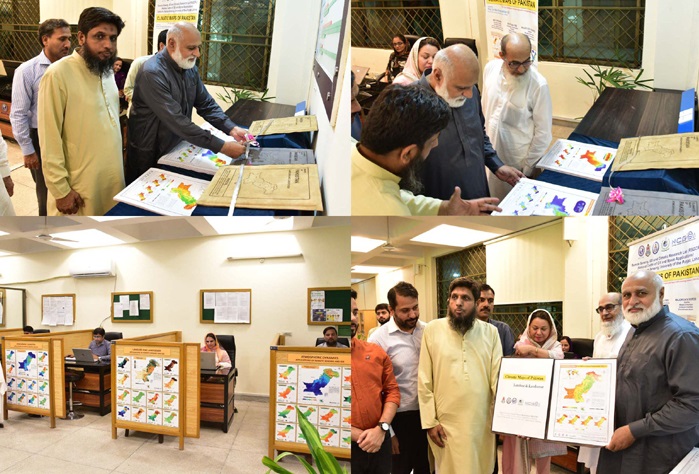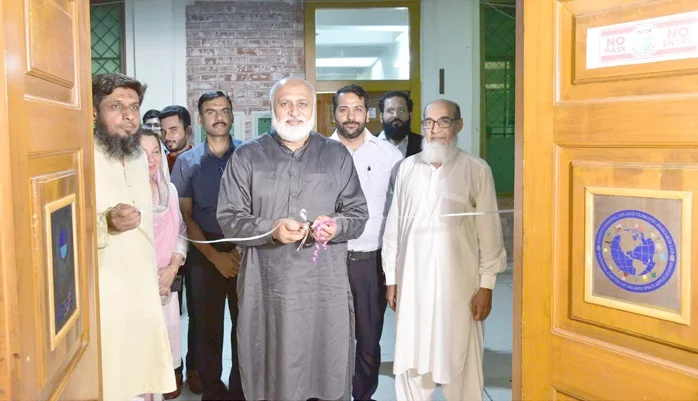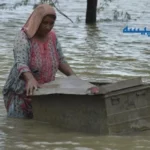Space Science Department of the University of Punjab (PU) has launched its first-ever digital environmental atlas to understand current and future climate change scenarios in the country besides a Remote Sensing, GIS and Climatic Research Laboratory (RSGCRL).
The digital environmental atlas of Pakistan has been based on modern data from 1959 to 2022, which will help in understanding climate change in the country, while the RSGCRL, built with funding from the Higher Education Commission (HEC), will conduct research on climate change.
The detailed chronological information will be useful for policy-makers, researchers, academicians, and professionals to understand the current state and future conditions of environmental change in Pakistan.
Vice Chancellor PU Prof Dr Niaz Ahmad Akhtar inaugurated the lab and launched the atlas on Tuesday. Director Space Science Department, principal investigator Dr Ziaul Haq and researchers were also present.
READ THIS
Quetta to get first Software Technology Park
Moot discusses global fast practices to achieve sustainable cyber security in Pakistan
Speaking on the occasion, Dr Niaz appreciated the landmark achievement, adding that the lab would help identify environmental problems in the country which would help in dealing with problems like smog. He said that solving national and social problems with the creation of new knowledge was the main task of the universities.

Dr Ziaul Haq said that more than 150 climatic maps of Pakistan, prepared by the RSGCRL, with five major themes of atmospheric chemistry, atmospheric dynamics, landcover/land-use, water and soil and anthropogenic emissions of gases covering a time span from 1959 to 2022 had been used.
He said scientists working at the lab had also suggested several ways to improve air quality in big cities. He added that the researchers were giving suggestions to be incorporated into the environmental policy of Pakistan.
He said the RSGCRL aimed at promoting and facilitating education, research activities and collaborations to study and develop GIS and space applications with particular emphasis on climate change and sustainable development in Pakistan.


